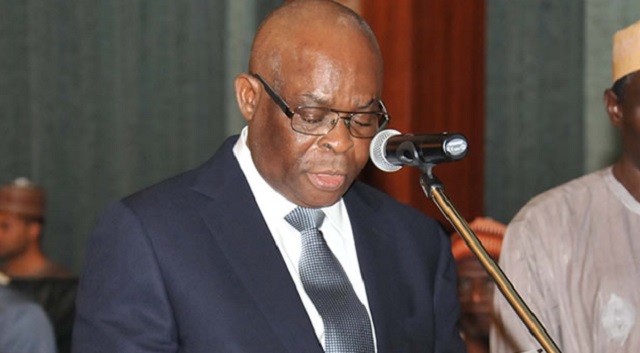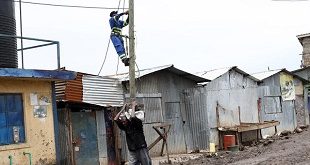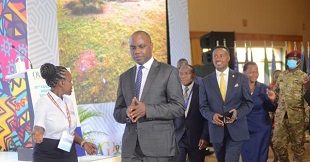
Abuja, Nigeria | AFP | Nigeria’s most senior judge was on Saturday charged with failing to declare his assets, in a move the main opposition party said triggered alarm bells as elections approach next month.
Chief Justice of Nigeria Walter Samuel Nkanu Onnoghen will appear before a panel of three judges at the Code of Conduct Tribunal in the capital Abuja on Monday, the ethics court said.
“Service of summons has been effected on the defendant,” tribunal spokesman Ibraheem Al-Hassan said in an emailed statement.
“The application was filed yesterday (Friday)… containing six charges all bordering on non-declaration of assets,” he added, without elaborating.
PR Nigeria, which publishes government press releases, said the charges relate to allegations Onnoghen did not declare several bank accounts in US dollars, euros and sterling.
Under Nigerian law, public officials have to disclose their assets and are not allowed to have bank accounts in foreign currencies.
– Politicisation –
The Code of Conduct Tribunal is a special court of ethics which hears cases of alleged non-declaration or false declaration of assets.
Its most high-profile defendant since President Muhammadu Buhari came to power in 2015 was Senate leader Bukola Saraki, the country’s third-most powerful politician.
He was accused of falsely declaring his assets when he was governor of Kwara state between 2003 and 2011.
The tribunal in June 2016 ruled he had no case to answer but the Economic and Financial Crimes Commission challenged the verdict.
The court of appeal then ordered Saraki to be tried again on three of 18 charges. Saraki took the case to the Supreme Court, which overruled the lower court and acquitted him.
Onnoghen heads the Supreme Court.
The influential Saraki, who became Senate leader against the wishes of Buhari and his ruling All Progressives Congress, claimed the case was politically motivated.
Onnoghen, from Cross River state in southeast Nigeria, was appointed a Supreme Court justice in 2005 and became acting chief justice in November 2016.
But his appointment was only confirmed by parliament in March 2017. That prompted speculation that Buhari was not keen to endorse his candidacy.
Onnoghen has since criticised what he said was the politicisation of judicial appointments in Nigeria.
 The Independent Uganda: You get the Truth we Pay the Price
The Independent Uganda: You get the Truth we Pay the Price


